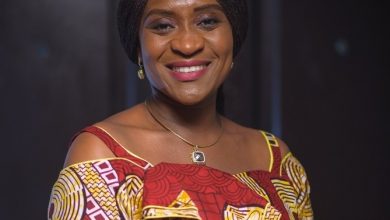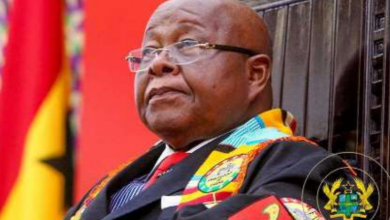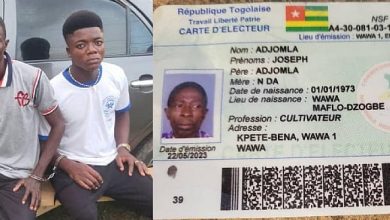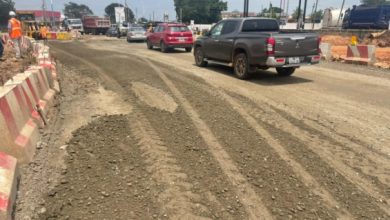Venezuelan president bans X for 10 days after feud with Elon Musk
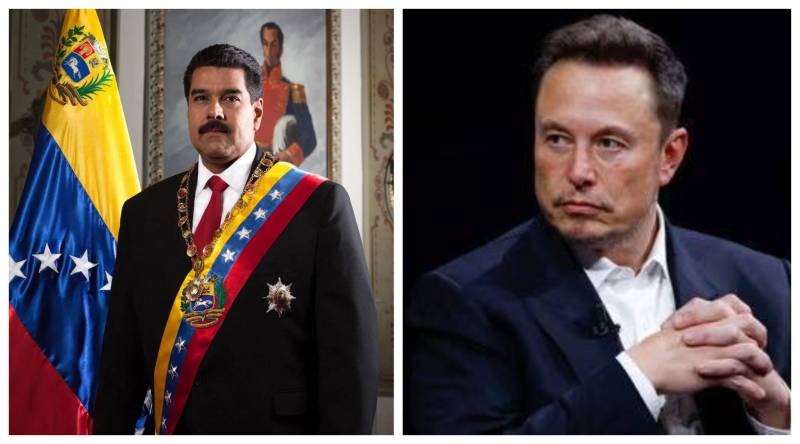
Venezuelan President Nicolás Maduro has issued a decree blocking access to the social media platform X, formerly known as Twitter, for 10 days following a heated exchange with the platform’s owner, Elon Musk.
The tension between the two escalated after Maduro was declared the winner of last month’s contentious presidential election.
The exchange began when Musk labeled Maduro a “dictator” and a “clown,” to which Maduro responded by accusing Musk of promoting “hatred, fascism, [and] civil war.”
The situation has intensified as anti-government protests erupted over the disputed election results, leading to the arrest of hundreds by Venezuelan security forces.
The election, held on July 28, has been criticized as “undemocratic” by independent observers. The main opposition claims that their candidate, Edmundo González, actually won by a significant margin.
Maduro, however, has insisted that the National Electoral Council (CNE) was the target of a “cyber coup” during the election, alleging that Musk orchestrated an “attack” on his re-election efforts.
Contrary to these claims, the Carter Center, which observed the election at the Venezuelan government’s invitation, reported finding “no evidence” of any such cyberattack.
In a televised address, Maduro announced that X would be “withdrawn from circulation” by the state telecommunications agency, accusing Musk of “violating all the rules” by inciting violence and breaking Venezuelan laws.
Leading up to the election, Musk had expressed support for the opposition, stating, “It is time for the people of Venezuela to have the chance for a better future.”
Following the results, Musk accused Maduro of “major election fraud” and called him a “clown,” asserting that “the people of Venezuela have had enough.”
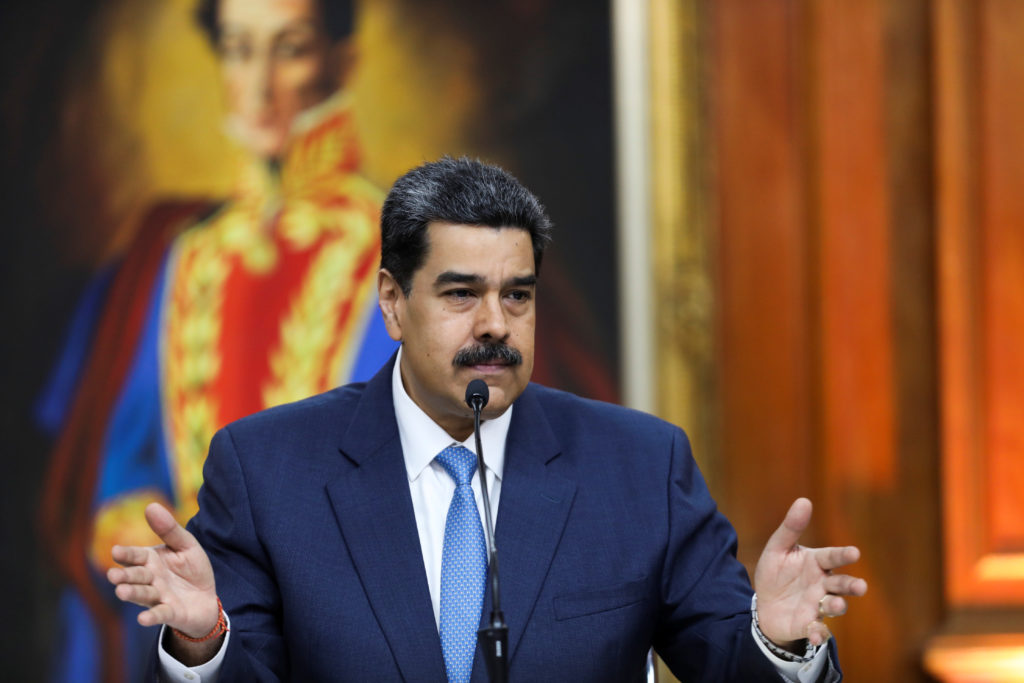
The CNE has confirmed Maduro as the winner but has yet to release the official vote counts. Calls from the opposition for these tallies to be made public have been echoed by the governments of Brazil, Colombia, and Mexico.
Meanwhile, the governments of the US, Argentina, Uruguay, and Ecuador have recognized González as the rightful winner.
The Carter Center has declared that the election “did not meet international standards of electoral integrity and cannot be considered democratic.”
Venezuela’s Supreme Court has summoned representatives from all parties to submit their vote tallies by Friday.
While Maduro has confirmed his attendance, González has expressed concern, stating that attending the hearing would put his “freedom” and “the will of the Venezuelan people” at risk.
Source-BBC


